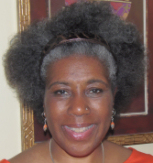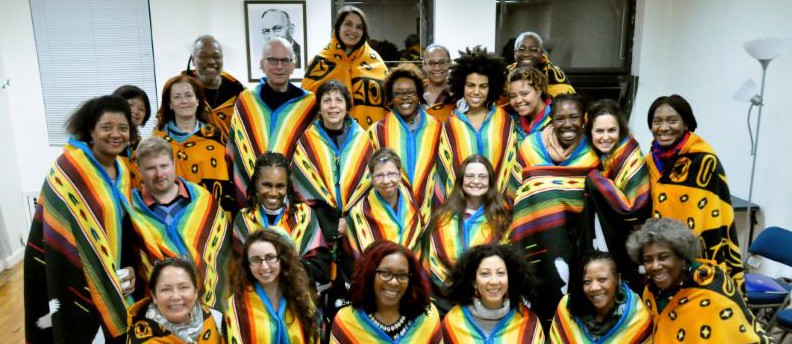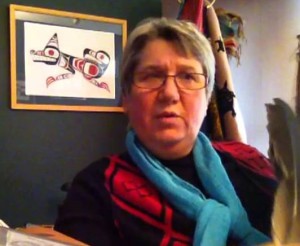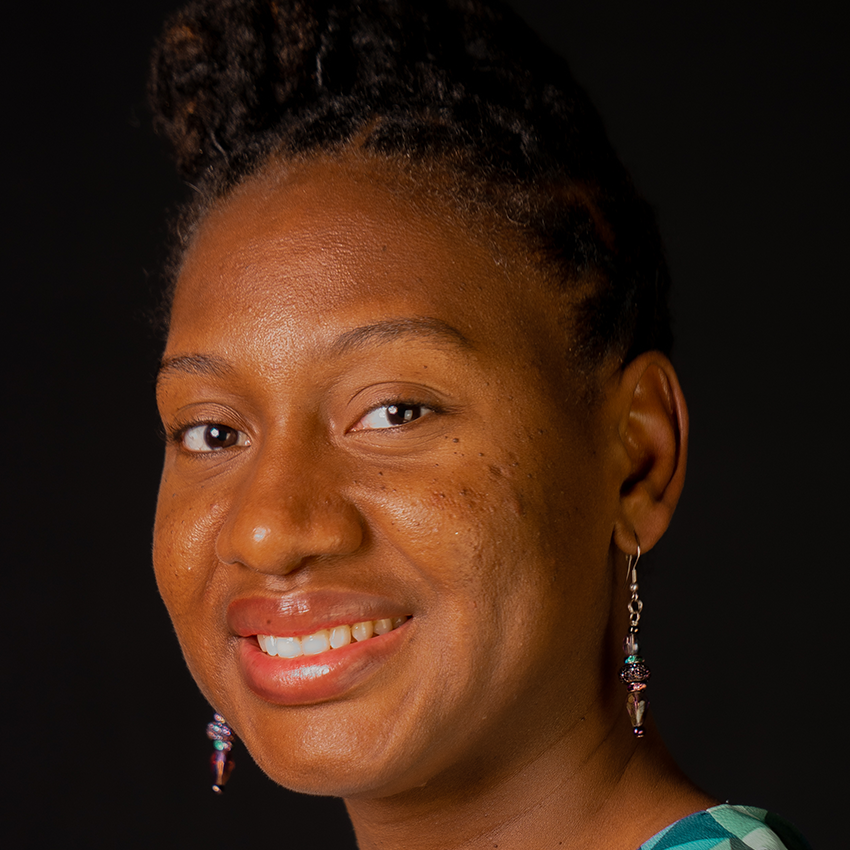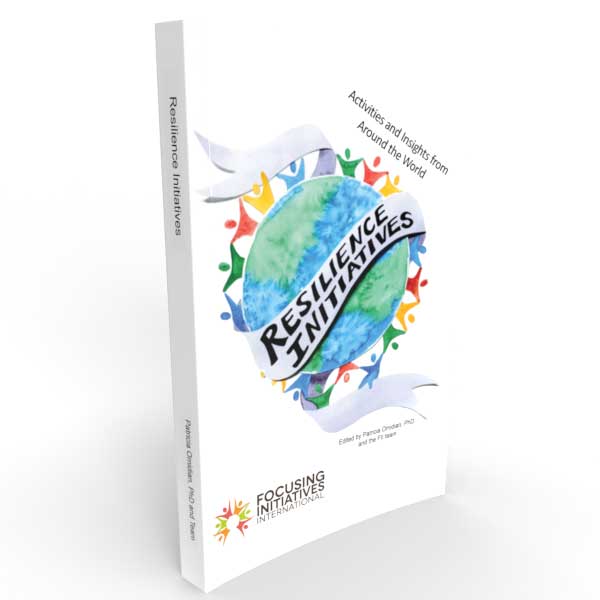Indigenous (formerly Aboriginal) Focusing-Oriented Therapy (IFOT) heals trauma and has been especially well-received because it honors core values of each community and respects local traditions. It is rooted in a humanistic, person-centered approach to healing. We offer it in situations of violence, intergenerational trauma, and collective cultural and economic genocide. It works on multiple levels bringing healing to individuals, families, schools and communities.
In collaboration with Dr, Jeffrey Schiffer and Shirley Turcotte, the developer of Aboriginal Focusing Oriented Therapy in Complex Trauma (AFOTCT), Focusing Initiatives International is pleased to offer an Initiative on this needed and healing work on complex trauma grounded in land-based Indigenous philosophy and community healing.
Several programs are being offered:
- Introduction to IFOT workshops
- A 21-day Aboriginal Focusing-Oriented Therapy and Complex Trauma certificate, accredited through The Justice Institute of B.C;Canada and
- A Culturally-Competent Groups course for graduates of the JIBC collaborated program.
This Innovative Indigenous approach to healing draws on Focusing-Oriented Therapy (FOT), a safe and effective method of working with clients who experience complex trauma. However, trauma is approached through a collective intergenerational Indigenous lens and from a client centered and therapist driven connection. See YouTube:
FOT is a body-centered and person-centered approach to healing, developed over 30 years ago at the University of Chicago by Dr. Eugene Gendlin. It allows clients to have control of the pace and direction of their healing journey, and is particularly effective in the treatment and healing of complex trauma caused by accident, sexual, physical, emotional abuse or neglect; and collective cultural traumas and genocide. AFOT has been especially well-received in Aboriginal and non-European communities because of its humanistic, person-centered approach to healing, which reflects the core values of respect and non-interference, and the helpful in the face of collective cultural and economic genocide.
These hands-on, experiential courses are intended for counselors, social workers, crisis teams, healers, therapists, doctors, nurses and teachers, as well as those who work in or with public and private agencies, hospitals, community mental health centers, educational settings, and/or in various other cross-cultural situations/settings.
A wide variety of Aboriginal/ Indigenous treatment modalities are woven throughout the courses, including experiential exercises, story-telling, ceremonial processes and land-based healing techniques. Peoples from all walks of life and cultural backgrounds have drawn tremendous skills from these programs
This year we have been sponsoring the Aboriginal Focusing Oriented Therapy in Complex Trauma (AFOTCT) Program in New York City. We find this approach extremely helpful in the various cross-cultural settings our students work in. This program emphasizes both knowledge and application through classroom instruction, clinical practice (logged and supervised therapy sessions) and clinical supervision/observation
We want to expand and deepen this work by bringing it to places where it is needed, in other parts of the US, as well as in Liberia and Mexico and other countries. Shirley Turcotte, RCC, is a Métis knowledge keeper and registered clinical counsellor, working internationally with survivors of childhood abuses, torture, and complex traumas, including Residential School Syndrome, for the last three decades. She is a pioneering activist in the areas of complex trauma therapeutic treatment and program development for Aboriginal and non-Aboriginal communities. She has received many awards, including British Columbia’s Woman of Distinction Award in Health and Education. She is the lead instructor and clinical supervisor of two Aboriginal Programs with the Centre for Counselling and Community Safety at the Justice Institute of British Columbia.
